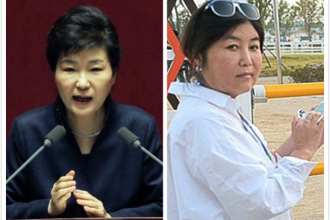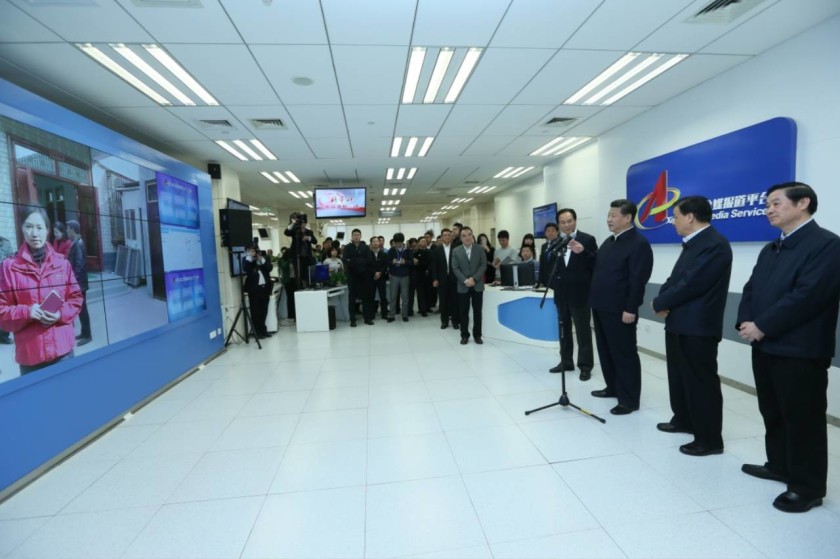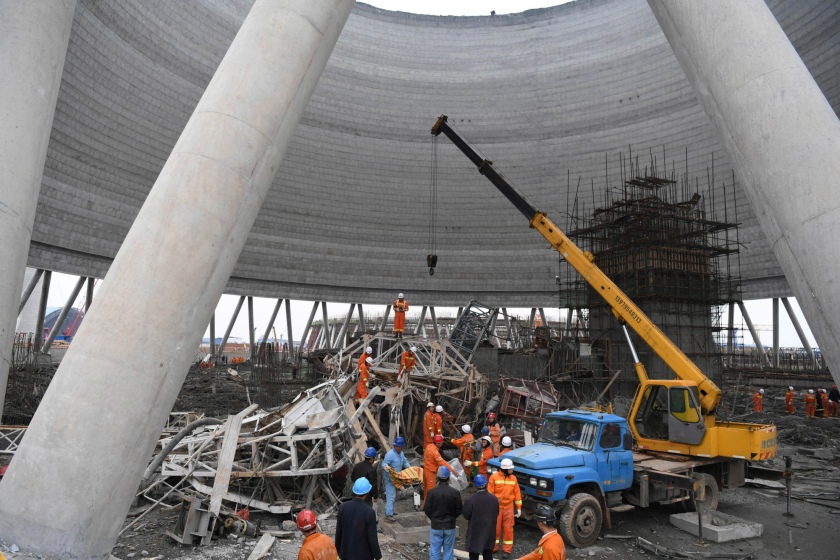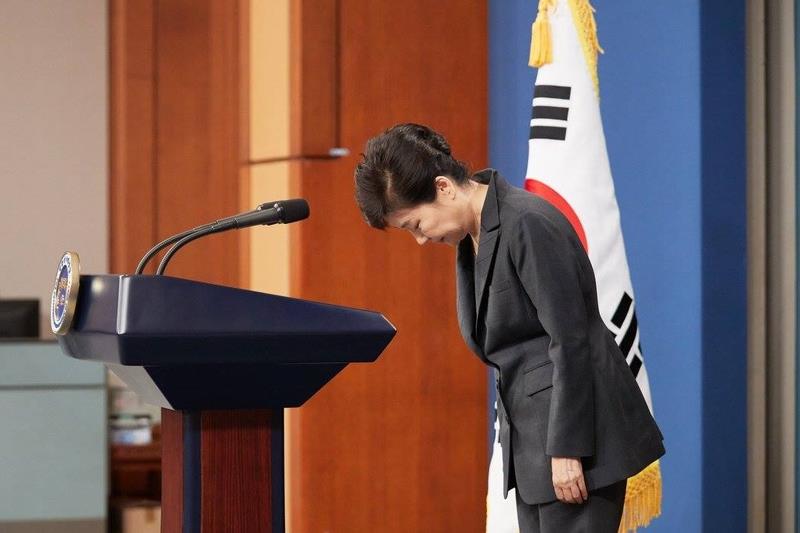After the Brexit vote, will non-EU students be the solution to keep the reputation of British higher education?
For many years, international students have been making significant academic and economic contribution to the UK, the second largest destination for students from overseas. But growth of international students have been slowing down in the most recent years, mostly due to the government’s migration reduction plan. Now, Brexit could be another critical moment for the situation.
After the referendum, UK universities are especially concerned to witness a sharp decrease of students within the European Union. In February, the Universities and Colleges Admissions Service (UCAS) released figures showing the number of EU students’ applications have declined for the first time since 2012 – dropping 7%.
Meanwhile, the biggest group of international students, students from outside the EU, appeared to be barely affected by the result. It is unlikely to see a dramatic change from the number of non-EU students.
The importance of non-EU students
International students are making great contribution to the country. Figures from Universities UK, an advocacy organisation for universities in the UK, shows spending international students and their visitors generated £25.8 billion in gross output in the UK in 2014-2015, which equals to a £13.8 billion contribution to the UK’s GDP.
And students outside the EU are essential when talking about international students. According to study by the Migration Observatory from the University of Oxford last year, this group has increased from 10% to 14% from 2010 to 2015. And seven out of ten international students came from non-EU countries in 2015.

Talking about the importance of non-EU students, University UK’s immigration program manager Jo Attwooll thinks it has brought both economic and academic contribution to British universities. “We have recently published some economic impact data which basically shows that non-EU students are worth £10.8 billion in terms of education export,” she said, “and it’s kind of widely acknowledged in the world that to be a world-leading university, you need to have international staff and student base.”
Brexit barely has any negative impact on students from outside the EU
Unlike EU students, Brexit barely has any negative influence on non-EU students. At the University of Westminster, the most diverse university in the UK which represents 169 nationalities with 8,429 international students, its senior admission officer Dave Haddock says they are up for non-EU applicants and non-EU students are performing “pretty well” this year.
This could be a solution to keep the number of UK’s international students as the number of EU students are falling after the referendum.
As the largest student sending country, 29% of the non-EU students are from China. The studying abroad market in China is so big that according to EY China, there are already more than 400 agents providing service for Chinese applicants in Beijing, and that’s just one city. Cong Han is working at one of China’s top education agents Bailitop. She has been working as a consultant at British Universities Department for five years. She says there is no sign of Chinese applicants being affected by Brexit so far, the Chinese market is still boosting.
“There are some students talking about Brexit, but overall our clients are growing rapidly,” Ms Han said. “Especially from 2015 there has been a significant increase of UK applicants as a result of China’s growing unemployment rate,” she added.

Yanghao Wu is a Chinese student who is going to study in the UK from september. He thinks Brexit means a better environment for non-EU students. “I was very concerned about the terrorism risk in Europe. After leaving EU, UK could be a safer country to live,” Mr Wu said, “and all the privileges used to be shared by EU citizens will be gone, which means us non-EU students could compete with them from the same level, this is a very good news to us.”
Some other students are also positive about Brexit. Guirong Cao is also a student who is planning to study in London this year. She said the currency exchange rate between pound and China’s RMB has dropped greatly since last June and studying in UK this year is like having a 20% discount comparing to two years ago.
How to attract more non-EU students?
Not all non-EU markets are growing rapidly like China. The number of Indian students, the second largest non-EU student nationality group in UK has been declining over the past 6 years, while numbers of other top 5 countries remain stagnated.

Many experts blame the causes of this phenomenon to two factors: the closure of Post-Study Work Visa and the Conservative party’s net migration target. The Post-Study Work Visa used to allow international graduates from UK universities to remain in the UK for a year after graduation. The government closed it in 2012 which caused graduates now could only remain in the country by meeting several very strict rules such as having a graduate job with a graduate salary of no less than £20,800 and a Home Office licensed employer.
The government’s net migration target released in 2010 was also a driving force of restricting non-EU students. The goal set up by the Conservative party was to decrease the net migration from “hundreds of thousands” to “tens of thousands”, and non-EU students are counted into this number.
Ms Attwooll from Universities UK argued that to attract more non-EU students, the first thing should be take them out of the net migration target.
Besides that, she also gave two other suggestions to boost non-EU students, to set up a formal target to international students and have a financial backing plan to the group, and improve post-study work policies.








